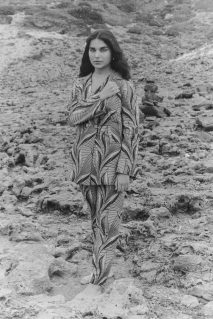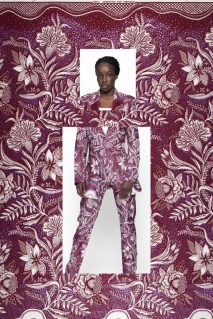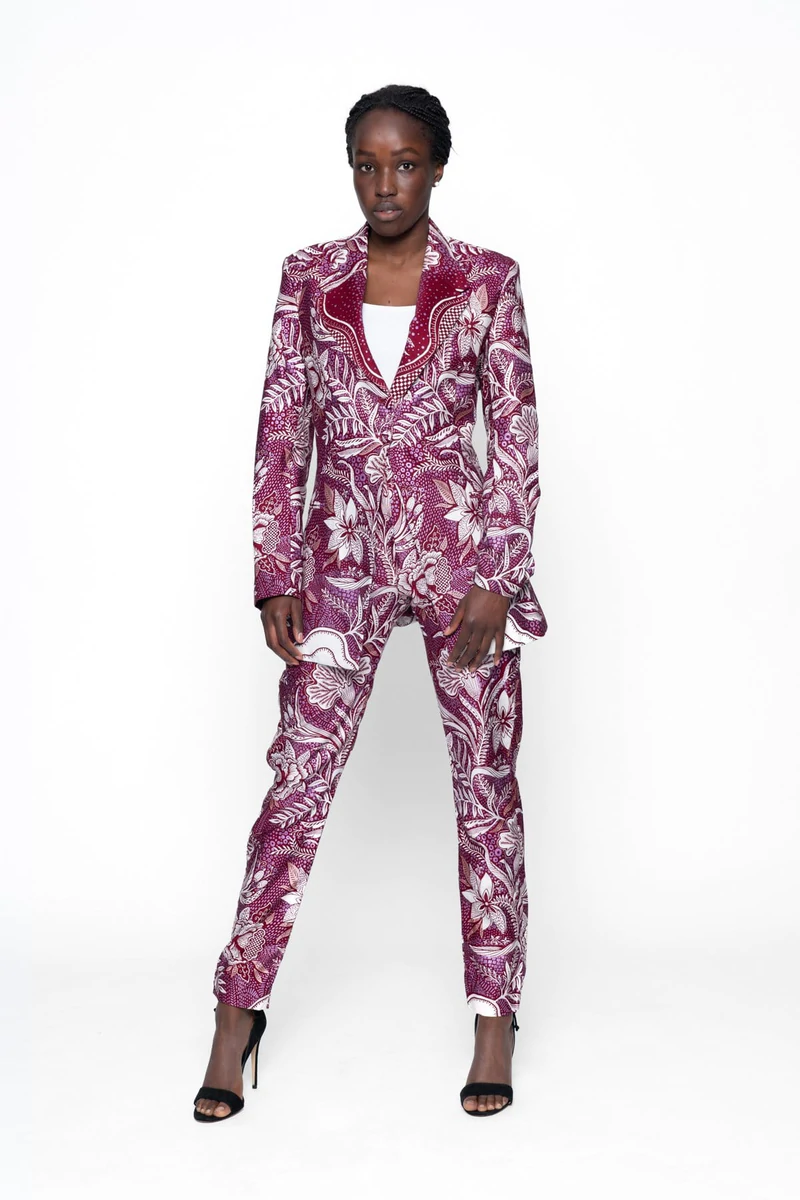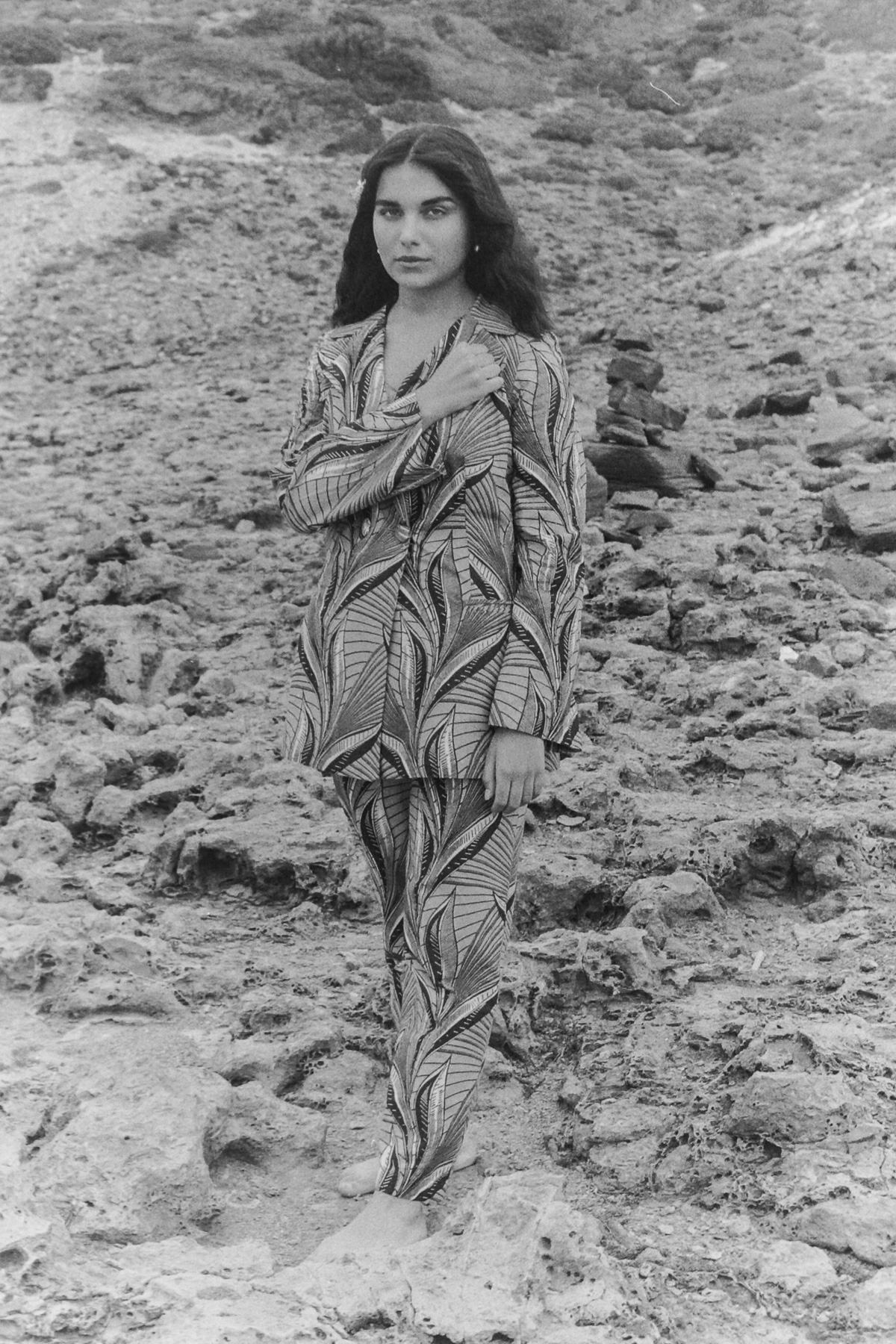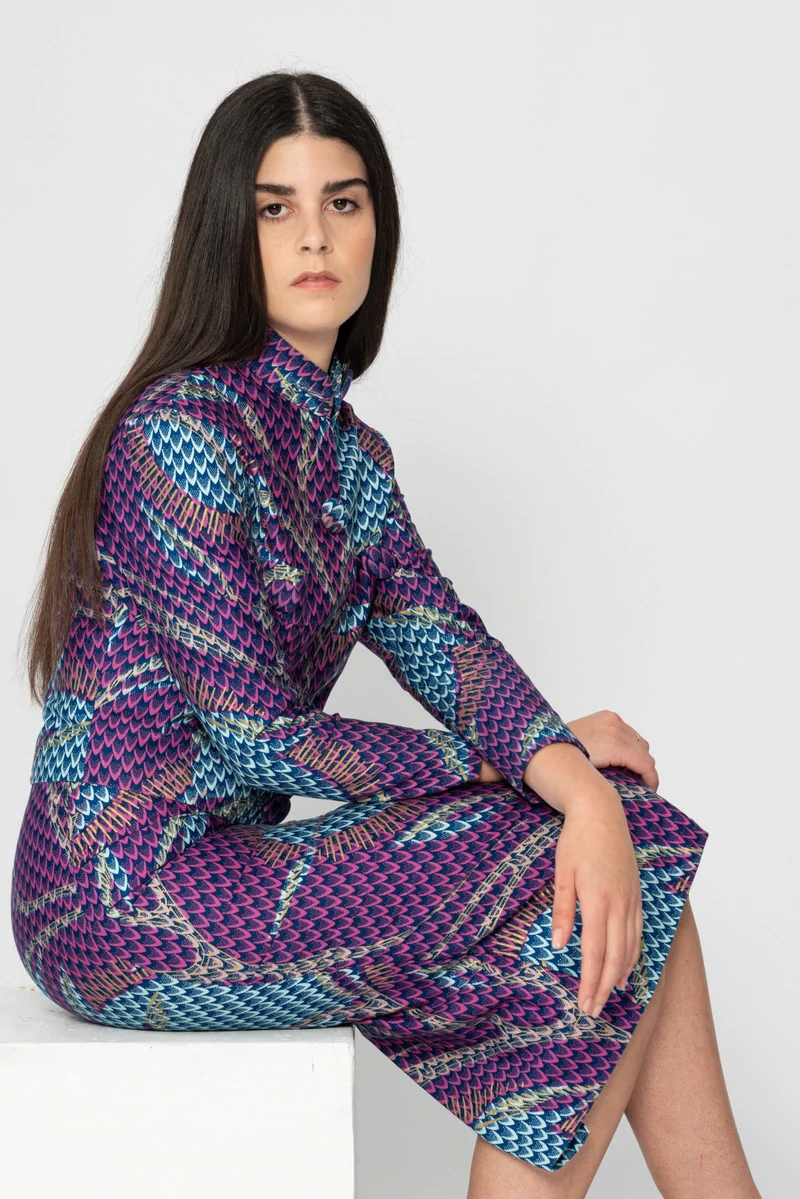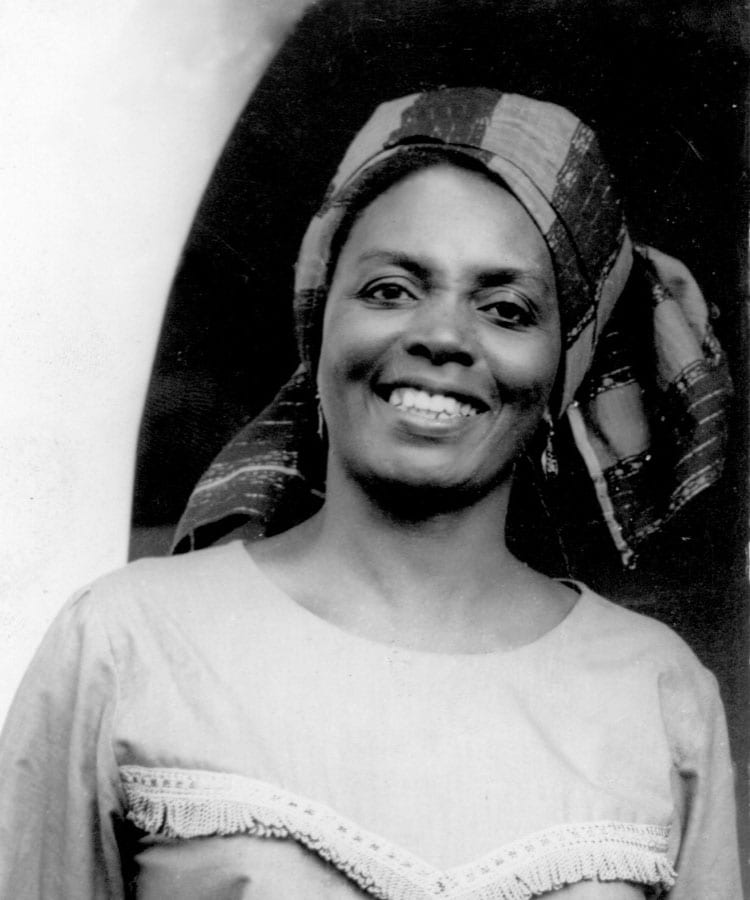Women have made history time and time again in every realm of the world’s innovations and happenings, lending themselves to the constant improvement of social inclusion and equality on the world stage. Sports are not an exception.
For the first time in history, the Tokyo Olympics nearly reached gender parity with 49% of the competing athletes being female. That was very different 120 years ago.
Women have made history time and time again in every realm of the world’s innovations and happenings, lending themselves to the constant improvement of social inclusion and equality on the world stage. Sports are not an exception.
For the first time in history, the Tokyo Olympics nearly reached gender parity with 49% of the competing athletes being female. That was very different 120 years ago.
The 1900 Olympic gamechanger
Hélène de Pourtalès was one of the first women to compete in the Olympic Games in 1900, one of 22 females that were granted permission to compete in a sea of 975 men. She competed with the sailing team for Switzerland as a member of the crew for Lérina, the Swiss boat used for competition in the 1900 Olympics. In the 1–2 ton class, they won the first race and garnered the silver medal in the second race.
On May 22, 1900, she became the first woman to represent Switzerland and to win a gold medal with her team, marking her the first Olympic gold medalist. From this, we gain insight into the realm of sports and its tie to social equality. Because sports is, at its core, the idea of physicality and the show of that physicality to others, it should be an ideal vehicle for promoting this idea of equality, in terms of gender and beyond.
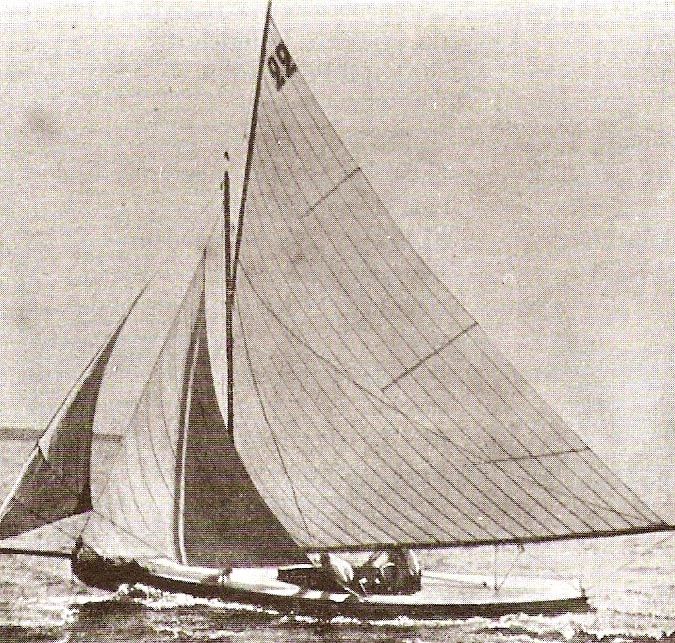
Women in the ancient Olympics
Women’s fight for Olympic recognition was not limited to 1900 and beyond, however. Even in the ancient Greek Olympics, there was an attempt at inclusion.
Kallipateira was born into a family of Olympic victors. Her father, brothers, and even son were victors. At the time, the law detailed that any woman caught even just attending the Olympic games would be thrown from a precarious mountain ledge called Typaion.
One day, however, Kallipateira put on a male trainer disguise and accompanied her son to Olympia. When he won, Kallipateira was so ecstatic that she jumped over the trainer fence and was revealed to be a woman. She pleaded to the judges of her family’s “Olympic fame,” demanding that she be allowed to “honour now / these glorious men.” Impressed by her pride and out of respect for her family of victors, Kallipateira was left unpunished.
Sports as a vehicle for equality
The fight for equality in sports has been a long one, from Ancient Greece to 18th century Switzerland, to today. It has been proven time and time again that even just the entertainment sector of sports can make big strides in providing equal opportunities by gender and beyond. Hélène de Pourtalès’ story shows the power of diversity. In her time, very few people expected a team with a female member to win Olympic medals. Yet, they did, proving to us that social inclusion leads to progress and success.




